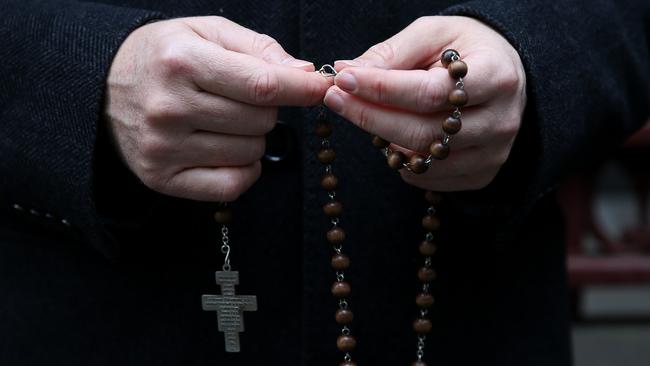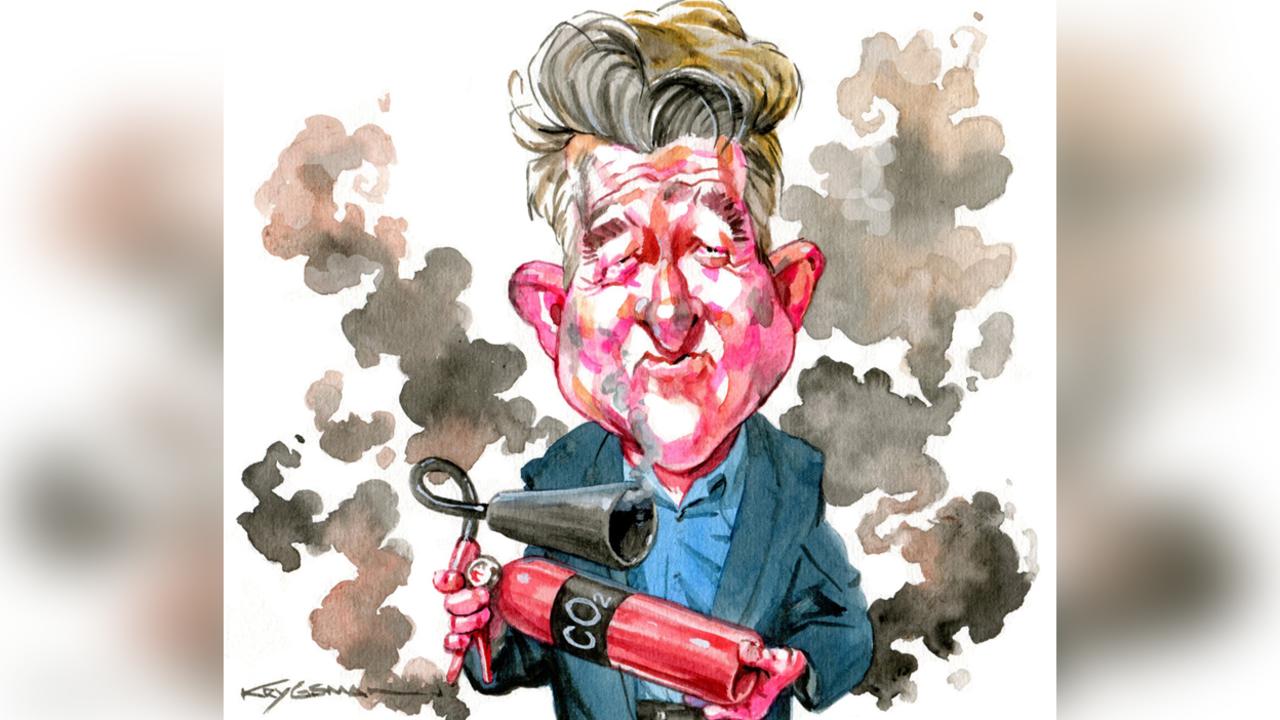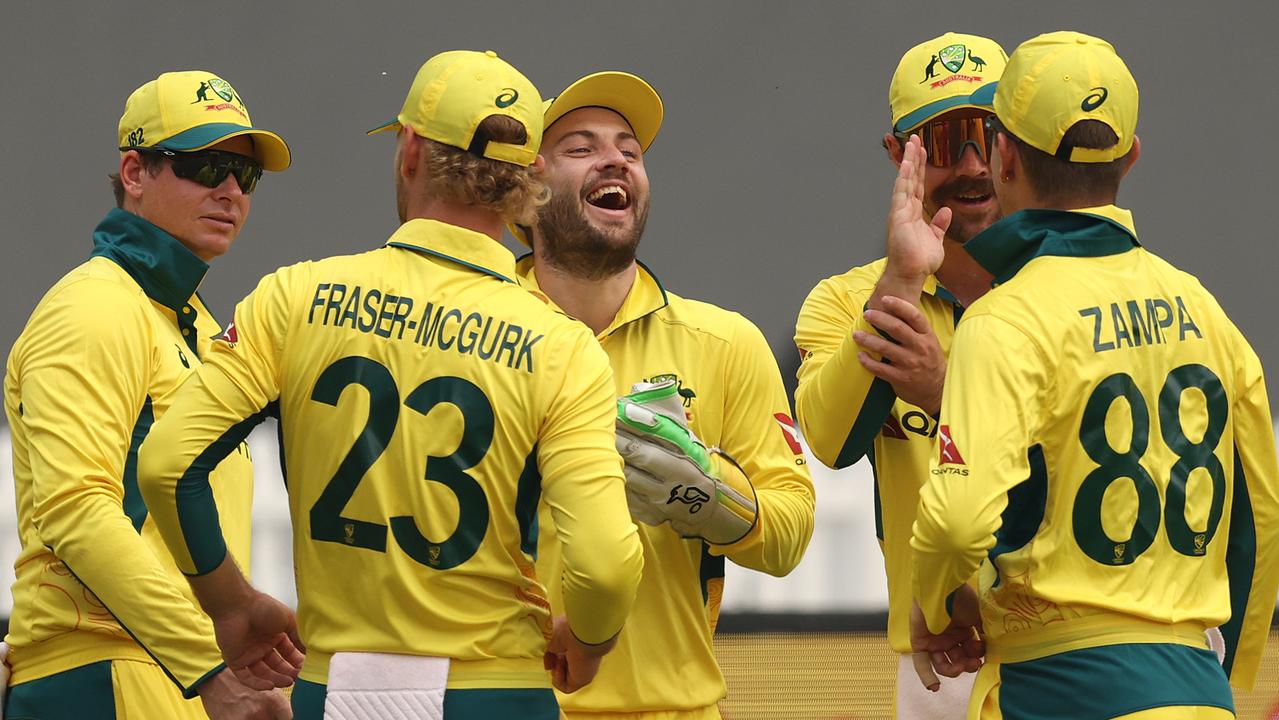
George Pell scratched his nose. He leant on the dock.
Then he held his head in his left hand, eyes heavy but at the same time strangely alert.
They darted from Bret Walker, SC, to the three judges sitting high above the Court of Appeal.
Court 15 was jammed with big brains.
The three judges of the Court of Appeal, Walker for the defence, and QCs Christopher Boyce and Mark Gibson for the prosecution.
MORE: Cardinal Pell appeal - Live
Let’s not forget Pell himself, who sat in the dock surrounded by three slightly bemused prison guards.
Or, indeed, the Jesuit lawyer Frank Brennan, who got himself into all sorts of social media strife for having the temerity to defend the cardinal, lately a resident of the Melbourne Assessment Prison.
It took the Chief Justice of the Victorian Supreme Court, Anne Ferguson, to remind the 75 or so observers in the public gallery of the weight of what was unfolding today.
“Cardinal Pell has been convicted of five sexual offences,” she reminded the court. “While it will be unnecessary for counsel to refer to the evidence in detail, nevertheless, there may be references which people watching this hearing may find disturbing.
“If anyone needs support, they can contact Lifeline 131-114 or beyondblue 1300 224636.”
This reminder served two purposes.
First to help the distressed, second to remind all of those gathered in the court that this was all about a sex crime case involving a cardinal and two choirboys.
To that end, the surreal nature of the County Court trials has morphed into a grave recognition of where Pell stands.
Unless he wins this appeal, he has no chance of escaping jail for the next three and half years. His head sentence was a potentially life-ending six years.
Pell, soon to turn 78, had a large number of supporters in court.
Perhaps none more enthusiastic than Sue and Peter Hill, who drove to court all the way from Culburra Beach, on the NSW South Coast.
They met Pell when their son started work at the Archdiocese of Sydney, Pell having recently told Mrs Hill that his fears were spiritual.
Pell told her: “All I know is there is only one judge I have to face, and it’s God.’’
Today marked the first time Pell had appeared outside jail for about three months; he was not given access to his family in the first half of proceedings and he spent much of the time taking notes, as has been his habit.
Walker, considered one of the nation’s best appeal lawyers, made clear to the court in his words and submission that the Pell case centres on what the cardinal believes to be the implausibility of the offending.
It was impossible, he said, for the offending to have occurred over the five to six minutes alleged in court.
The prosecution countered, in its submission, that it was entirely plausible for Pell to have struck, as the jury found, in the sacristy in 1996 and again elsewhere in the cathedral early the next year.
“There is thus no basis upon which the verdicts of the jury could be considered perverse,’’ it submitted.
“The jury were confronted with a credible and impressive witness whose evidence, as the prosecution put it, ‘fitted’ with the evidence of others.’’



